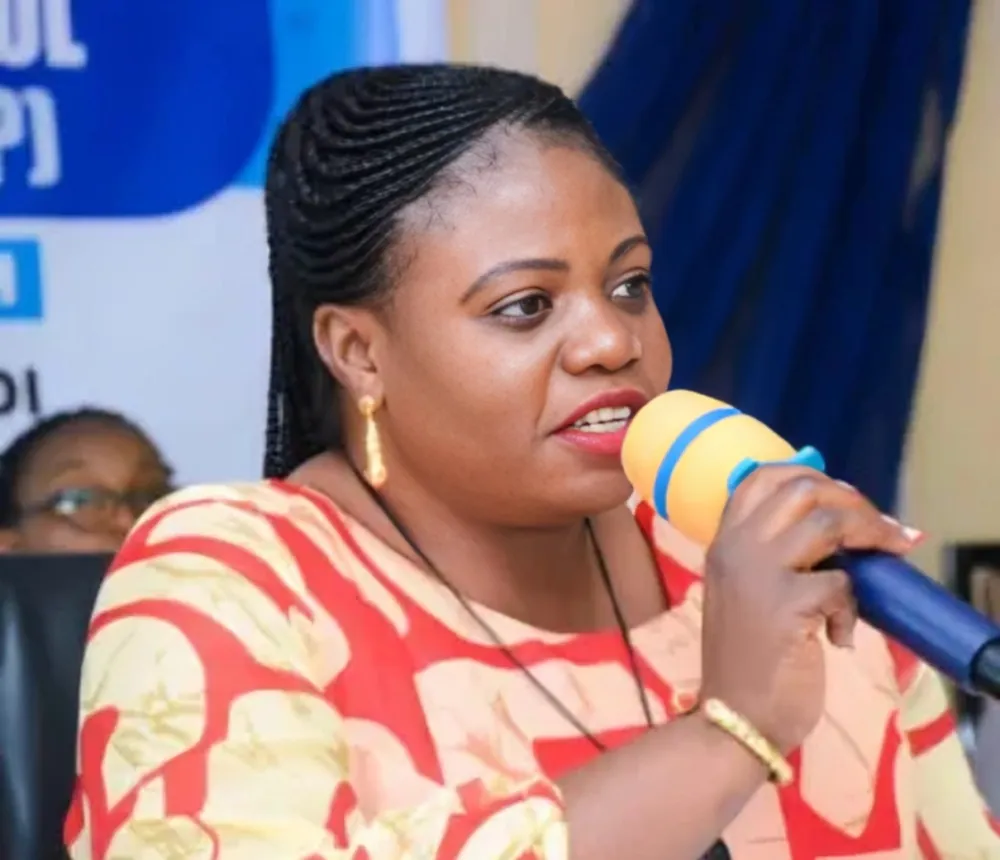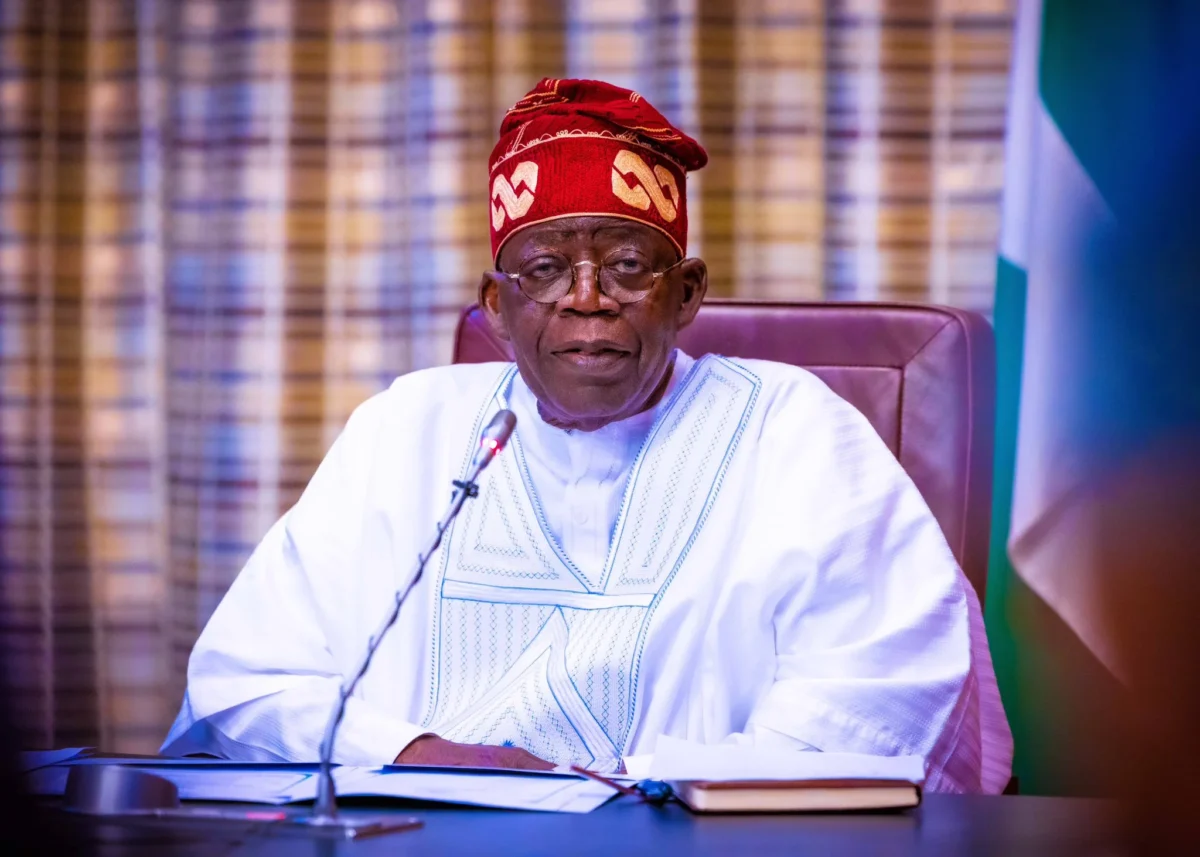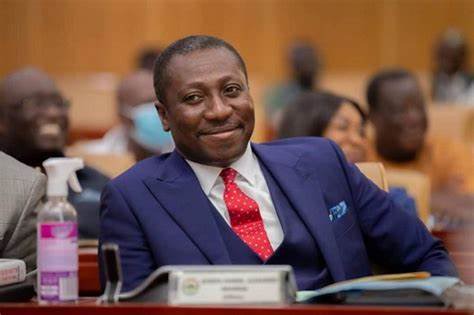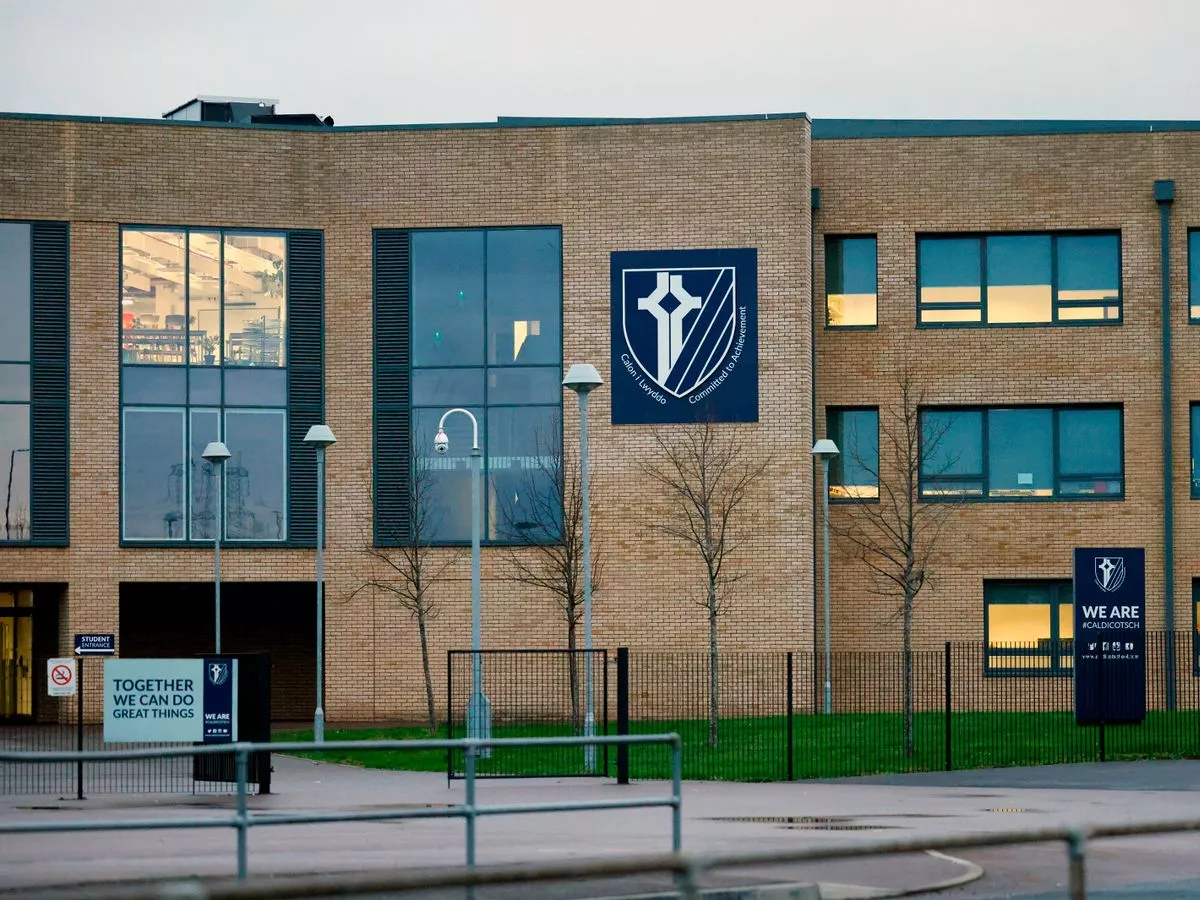Copyright tribuneonlineng

The Executive Chairman of Benue SUBEB, Dr. Grace Adagba, has reaffirmed Benue State’s commitment to strengthening data systems for improved planning and accountability. Speaking on the sidelines of the ongoing 69th National Council on Education (NCE) meeting at International Event Centre (The Dome) in Akure, Ondo State, she noted that accurate and reliable data remain essential to achieving better learning outcomes, adding that her recent engagement with the Honourable Commissioner for Education and Knowledge Management, Dr. Margaret Adamu, reaffirmed the state’s determination to enhance data collection across public and private schools. The NCE is Nigeria’s highest policy-making body in the education sector, bringing together Education Commissioners, Permanent Secretaries, institutional heads, policymakers, and technocrats from across the country to deliberate on strategies for strengthening the nation’s education system. This year’s meeting, with the theme “Quality Education Data and Professionalism of Teaching: Tools for Enhanced National Development,” which began on Monday, November 3, will end Friday. Adagba emphasised that quality education begins with quality information and assured that the administration of Governor Hyacinth Alia is committed to ensuring that every decision in the basic education sector is informed, transparent, and aligned with national standards. According to a statement by the Board’s information officer, Emmanuella Akese, Benue State is being represented at the meeting by the Honourable Commissioner for Education and Knowledge Management, Dr. Margaret Adamu; the Executive Chairman of SUBEB, Dr. Grace Adagba; the Permanent Secretary for Secondary Education, Mrs. Helen Nambativ; the Permanent Secretary for Basic Education, Mrs. Bibiana Tyoishi; and the Directors of Planning, Research and Statistics from both the Ministry of Education and SUBEB, Mr. Terkimbi Aniho and Mr. Akura Terkimbi. Speaking at the opening ceremony, the Honourable Minister of Education, Dr. Tunji Alausa, described the theme as timely and strategic, stressing that a modern education system must be driven by accurate data and high professional standards. He explained that Nigeria must align its education processes with the global knowledge economy and the Renewed Hope Agenda of President Bola Ahmed Tinubu. Alausa outlined several reforms currently being implemented by the ministry, including the work of the National Education Repository and Data Bank (NERDB), which has launched the Central Digital Bank for the education sector to verify the country’s academic outputs and credentials. He also noted the deployment of the Digital Nigerian Education Information System (DNEMIS), which lists and geo-maps all schools nationwide to ensure that every learner—from basic to tertiary levels—is digitally captured, tracked, and authenticated. The minister further highlighted the gains of the Revised Basic Education Curriculum (RBEC), saying the streamlining of subjects is expected to make learning more focused and productive. He added that government efforts to reduce the number of out-of-school children are yielding results, with plans underway to enroll children aged 6–9 years into low-cost private schools, while others would be placed in schools and training centres in collaboration with the Almajiri Commission. The Governor of Ondo State, Dr. Lucky Aiyedatiwa, commended President Tinubu for his ongoing reforms in the education sector, particularly the Nigerian Education Loan Fund (NELFUND), which he said had helped reduce disparities in access to quality education across the country. ALSO READ TOP STORIES FROM NIGERIAN TRIBUNE



